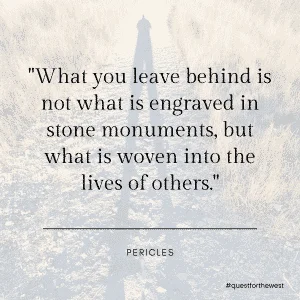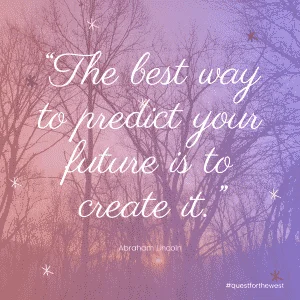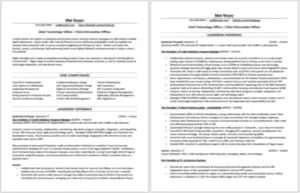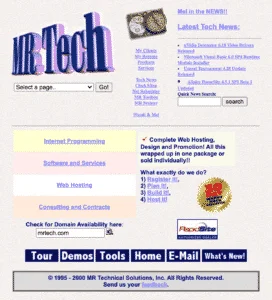Mentoring 101: Giving
To advance the mentoring series, I wanted to focus on one of the most underrated and unrecognized topics: Giving. There’s a large range that defines giving: it can be as simple as advice, money, or time to help address life’s challenges. Giving can also define the type of person you are and highlight your values.
This isn’t going to be a kumbaya moment here folks, just a reality check into what makes us human and how we need to translate that to our lives and careers.
Background
Several years ago, I was in the audience at a non-profit forum where a few leaders talked about why they started their programs. One program resonated so much that I was brought to tears in the auditorium. After the presentation, I was able to meet up with the head of that program. She shared her insights on what she called “Zen Bliss”, all of which really aligned with my values. Zen Bliss is another way of defining the Japanese concept of Ikigai or “reason for being” and an excellent guide in defining your core values.
Zen Bliss = What do I love + What am I good at + What does the world need + What pays the rent
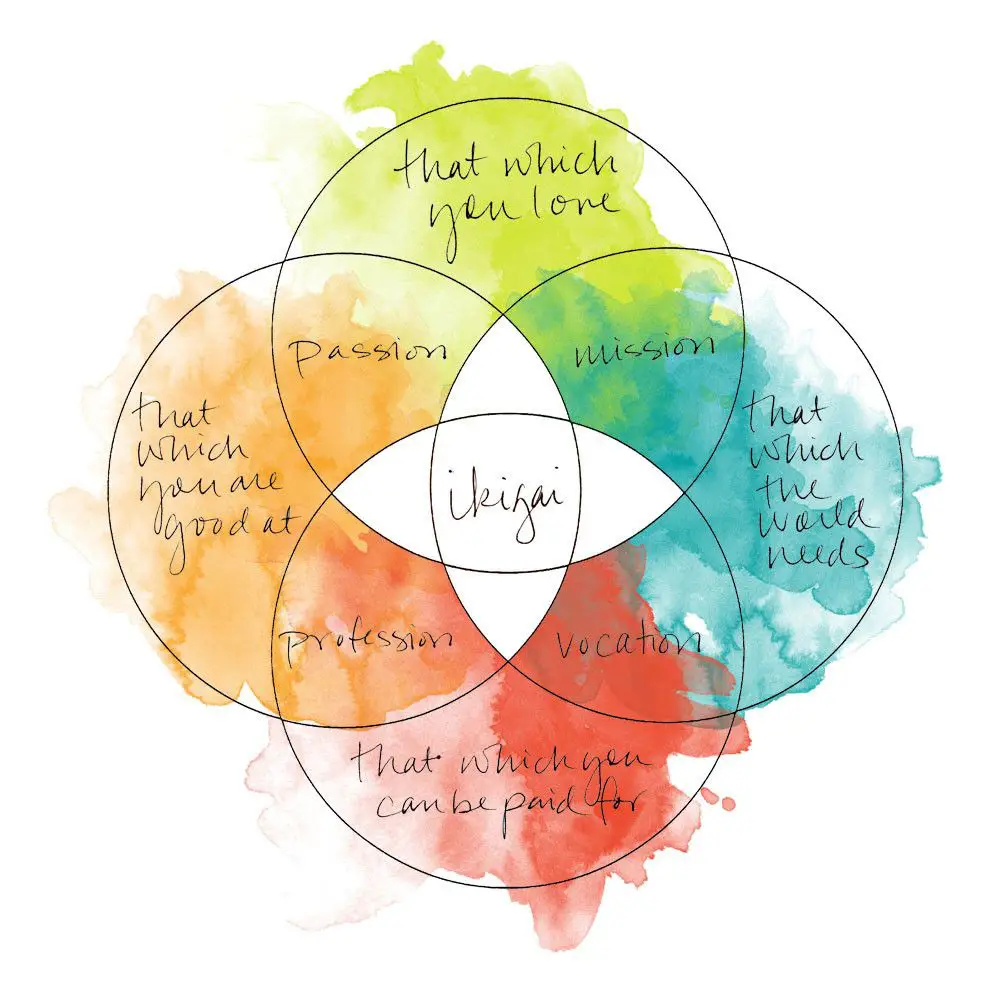
Achieving Zen Bliss is hard to do without sacrifices (if not impossible) and isn’t something that many can do. Focusing and committing to what you can and are willing to do for others is the first step to realizing your Zen Bliss target. This will help shape what you want to do with your life and career, regardless of experience and stature.
Going in Deep
At the core of every relationship, every value that we hold is the need to better ourselves and to improve the lives of others. The instinct to be a friend, a sister, a brother, mother or father is ingrained in all of us. From BFF’s in primary school to brothers and sisters in college fraternities or sororities and so forth. We seek like-minded groups and push forward with shared values. This is where we need to focus our life and career aspirations and ask ourselves, “Am I honoring my values in what I’m doing for others?”
The reason I wanted to focus on giving is simple, it defines who you are and shows the level of empathy, passion, and commitment that you’re willing to expend for others. These characteristics are the driving force to the other pillars in mentoring that I’ll focus on in future posts: Learning, Presentations, Negotiations, Career Tracking, Assessments, Branding, and Finding Your Passions.
 Mentoring is my way of giving back. Sharing my experiences comes easy to me, some say a bit too much, some not enough. Either way, I stay true to my ultimate goal: “How can I help you?” Everyone needs help, only a few will admit it, others call for it in social media, and others never ask for it at all. Giving can be as simple as texting an old friend to let them know you’re thinking of them or running your own non-profit group. In between, there are a million ways you can help.
Mentoring is my way of giving back. Sharing my experiences comes easy to me, some say a bit too much, some not enough. Either way, I stay true to my ultimate goal: “How can I help you?” Everyone needs help, only a few will admit it, others call for it in social media, and others never ask for it at all. Giving can be as simple as texting an old friend to let them know you’re thinking of them or running your own non-profit group. In between, there are a million ways you can help.
From a career standpoint, I look at every opportunity to help folks realize their true skills and align them with their values. I ask myself, how can I marry what someone loves to do with what they have to do? We all need a paycheck and a purpose; if you can put the two together that’s great, if not then you need to supplement to fill the gaps. For example, when it comes to paying bills, if you don’t earn enough at your current job to live the life you want, then you either adjust your lifestyle to meet your income or skill up and get a better paying job. The same holds true for life’s opportunities to give back or volunteer. So why aren’t we doing this with what we feel passionate about? Do you know what are you passionate about? What bothers you so much that you lose sleep? Write those down, then assess your skills, your experience, and start finding ways to give back. Donate $10, volunteer to help serve at the next event, help build homes, just DO SOMETHING. Mel Robbins is a huge advocate of the Progress Principle which calls for small, minimum viable steps to achieving a larger goal.
“When you tap into the progress principle, one small move forward every day, you’re 76% more likely to actually complete what you’re working on.” – Mel Robbins
For all my product or tech geeks, this is the MVP effort, or MVE = Minimum Viable Effort, that you can put in to move the needle. If you want to volunteer then do just one simple thing toward that goal, but do one thing, anything, EACH DAY. Day One: Google volunteering organizations, Day Two: select two to contact, Day Three: email or call group, etc, etc. Break it down, you don’t have to boil the ocean, just one small task toward that ultimate goal.
I’m sure you’ve heard and seen this theme everywhere, from Couch to 5k to company slogans like “Just Do It”; so why haven’t you engaged? This is the call to action, this is where you have to realize that NOTHING will change unless you change one simple thing, do one simple thing towards your goals. Giving is the most rewarding one of them all. Once you decide to give back the progress principle will avalanche into being more active, building a sense of accomplishment, and knowing that you are doing as much as you can to improve the lives around you, including yours.
Faciamus, “we do” is the motto of my college fraternity, Alpha Phi Delta. For most of my college days that was translated to “let’s act” or “let’s do”, all of which aligned perfectly with my values. So I’ll ask you to pause and ask yourself, “what one thing are you doing today that’s different than what you did yesterday to improve your life?”
 National programs that can help you find a worthy cause include VolunteerMatch, TechImpact, Idealist, Genesys Works, or similar. What are you waiting for?
National programs that can help you find a worthy cause include VolunteerMatch, TechImpact, Idealist, Genesys Works, or similar. What are you waiting for?
Now translate that to your career. Are you able to make a dramatic change to pursue a career in giving? No? Then, are you able to help others at work? Does your employer have programs they work with? Seek out of the ways you can give back at work by volunteering or mentoring. You’ll see that you’ll be learning, making new connections, and be seen as a well-rounded talent. Giving connects people naturally and in return helping you build a valuable network of colleagues, The Connector’s Advantage.
Why else is assessing your values and finding time to give back important? Once you have a clear view of what you value, what you’re willing to do, and not do then you can align those with the values of the companies you want to work for. Does the mission and values of the company match yours? Do they foster an environment of learning, coaching, and career training and advancement? What’s important to you should align with where you work.
That’s it, folks, this is the end. You made it, now go get involved, highlight your existing volunteering efforts on your LinkedIn profile, your resume, and make sure to recruit others to help you. You’ll feel more fulfilled and benefit from the goodwill of Giving!

 Previous Post
Previous Post Next Post
Next Post